What is aerial photography?
The use of aircraft to take pictures of different land areas (i.e. housing developments, urban development, etc.)

What are the 4 Earth spheres we learned about in Topic 1?
Hydropshere (water)
Geosphere (land)
Biosphere (living organisms)
Atmosphere (gases)
We notice that our fish tank water level is lowering over time. The liquid water slowly shifts into gas (vapor) form and leaves the tank. This process is known as:
Evaporation
The height of a place above sea level is known as:
Elevation
What are the FOUR main types of precipitation?
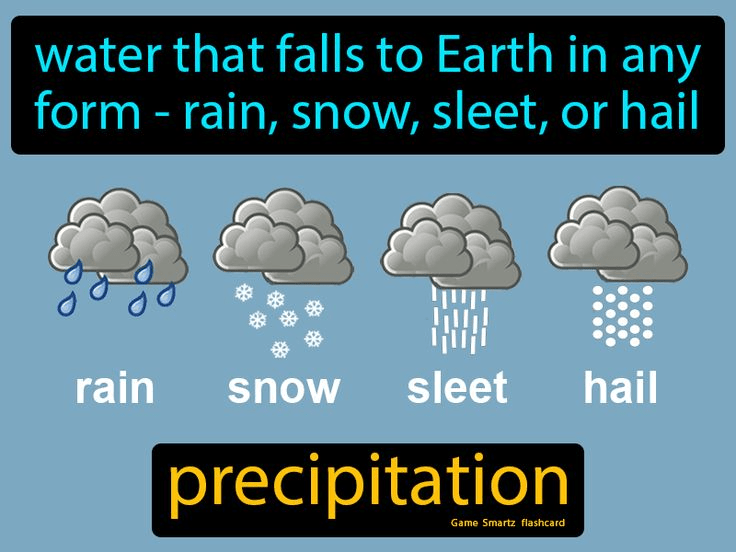
Why is most of our water found in the oceans? Be as detailed as possible.
Oceans are the largest bodies of water on Earth and cover so much of it. When rain, snow, etc. falls from the clouds, it most often lands in the oceans.
Why is it more difficult for oceans to freeze?
Oceans are made up of saltwater. The salt requires an even colder temperature for ocean water to freeze.
What is topography?
Topography refers to the shape of the land- things like elevation & contour.
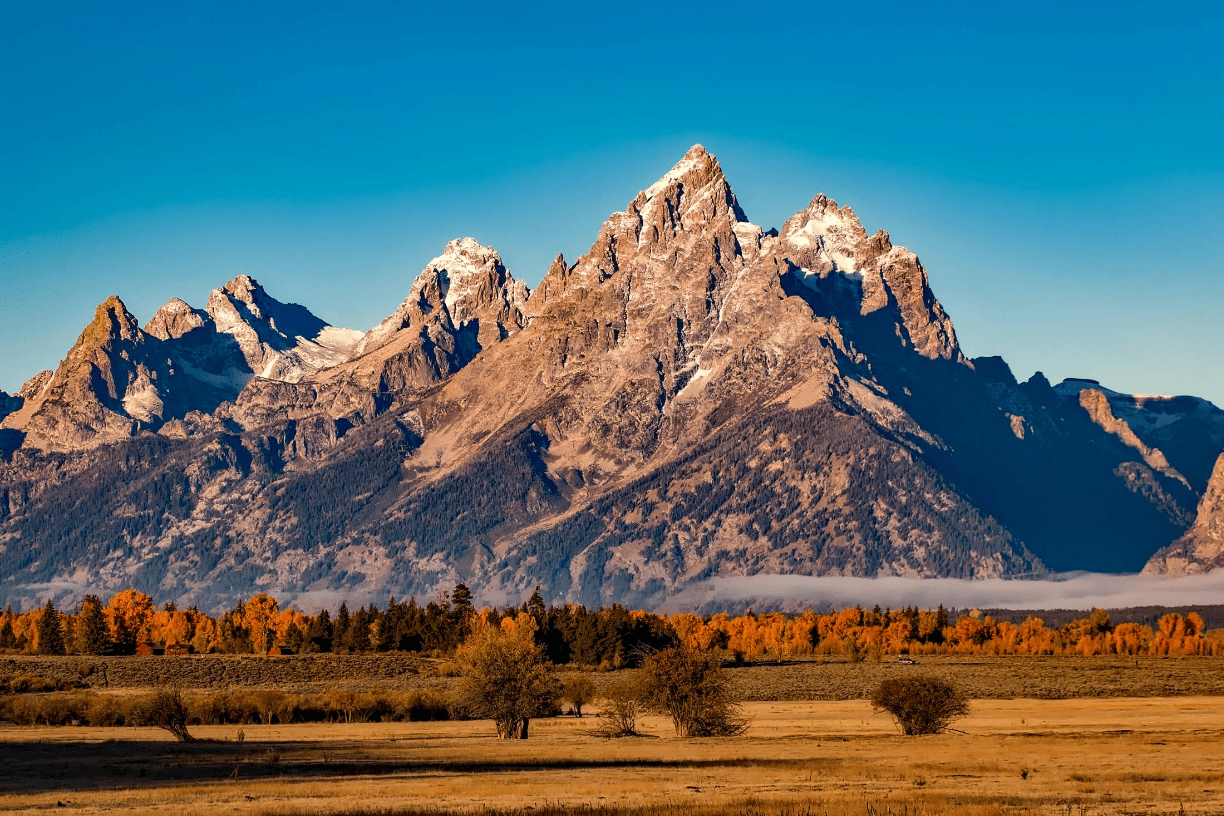
Which sphere would this belong to?
Geosphere
Describe a plateau.
an area of high land, with a flat top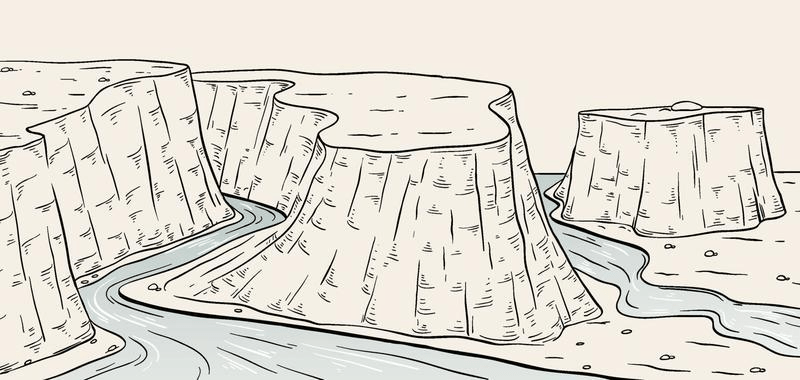
This picture shows part of the water cycle known as: 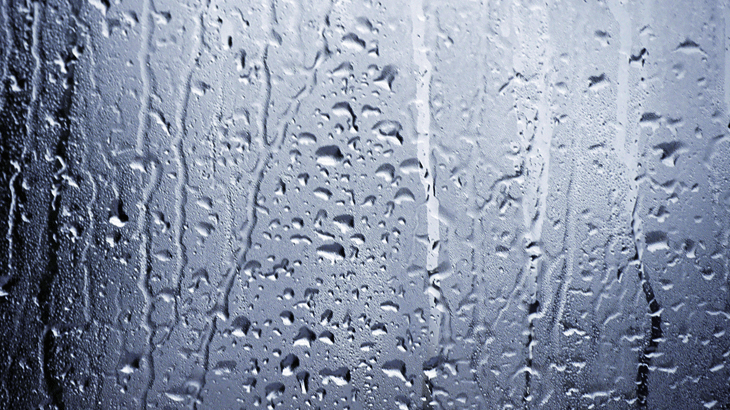
Condensation- the change from a gas to a liquid
Examples: mirror in bathroom after hot shower
- a car window on a muggy, rainy day
- the outside of a cold soda can that is set down on a warm day for a few minutes
This image is an example of a _____ force because it wears away/breaks down things. 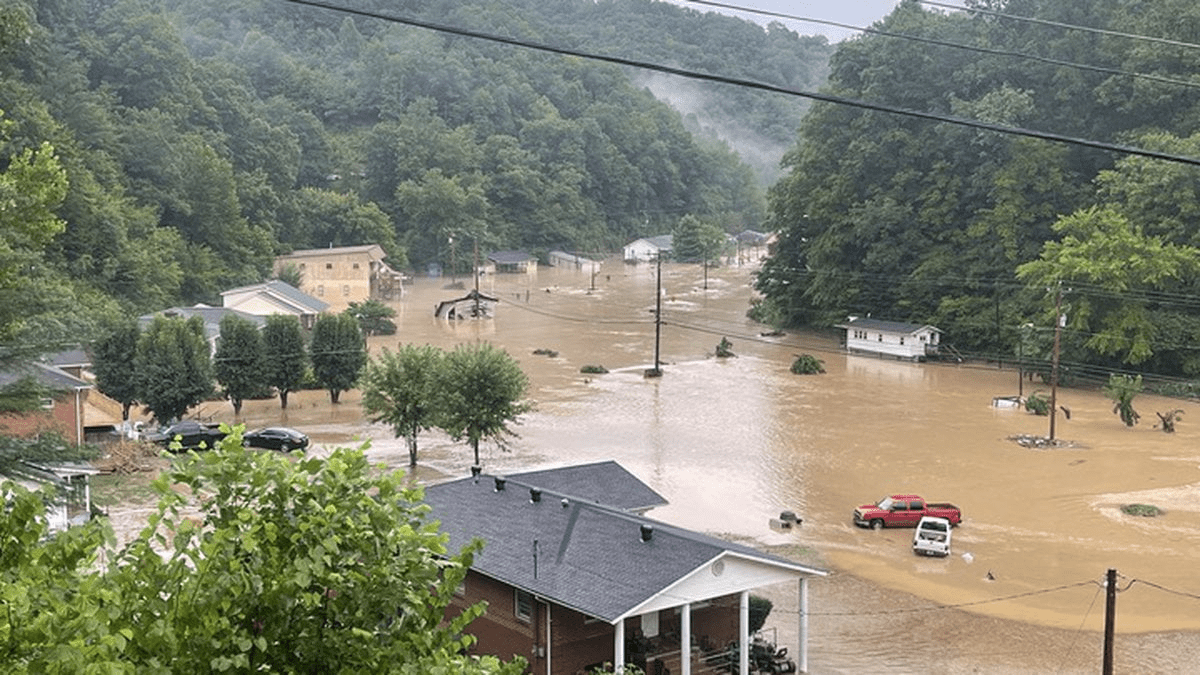
deconstructive
This force is responsible for water flowing downhill.
Gravity
What is the name for the underground layers that store/hold water for human use?
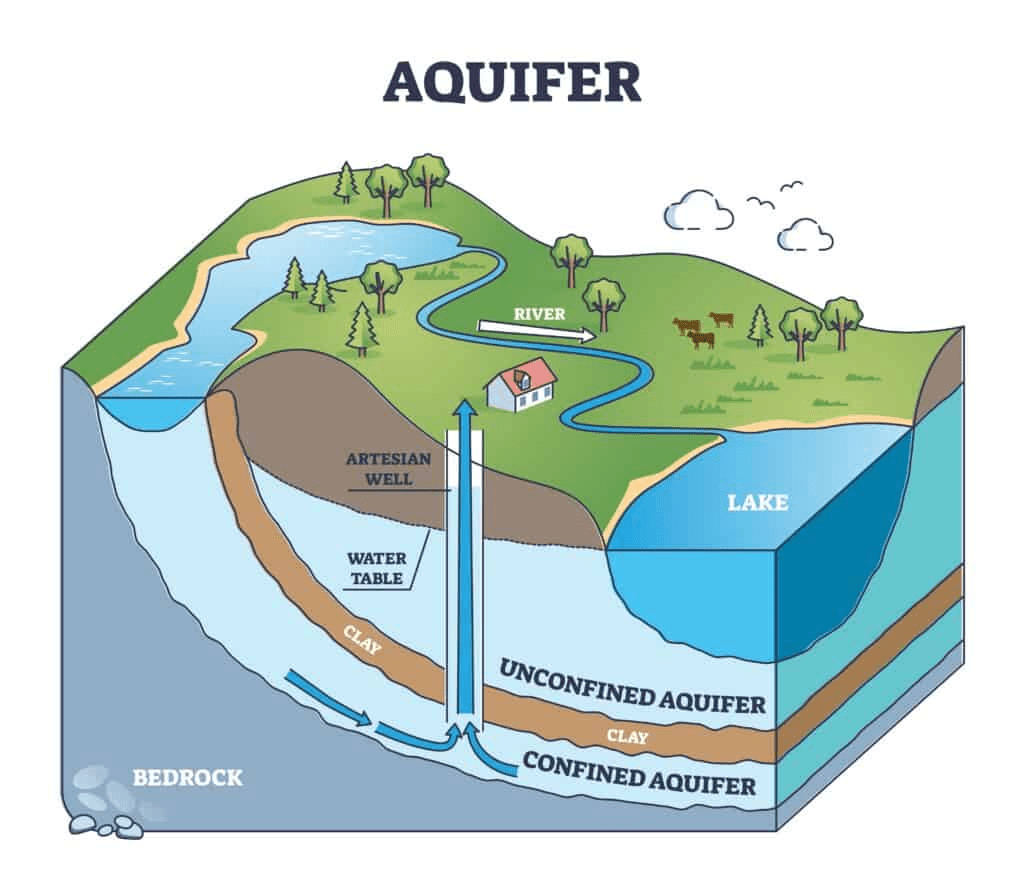
This sphere is made up of a thin layer of gases that form in the Earth's outermost layer.
Atmosphere
Which sphere does this object belong to?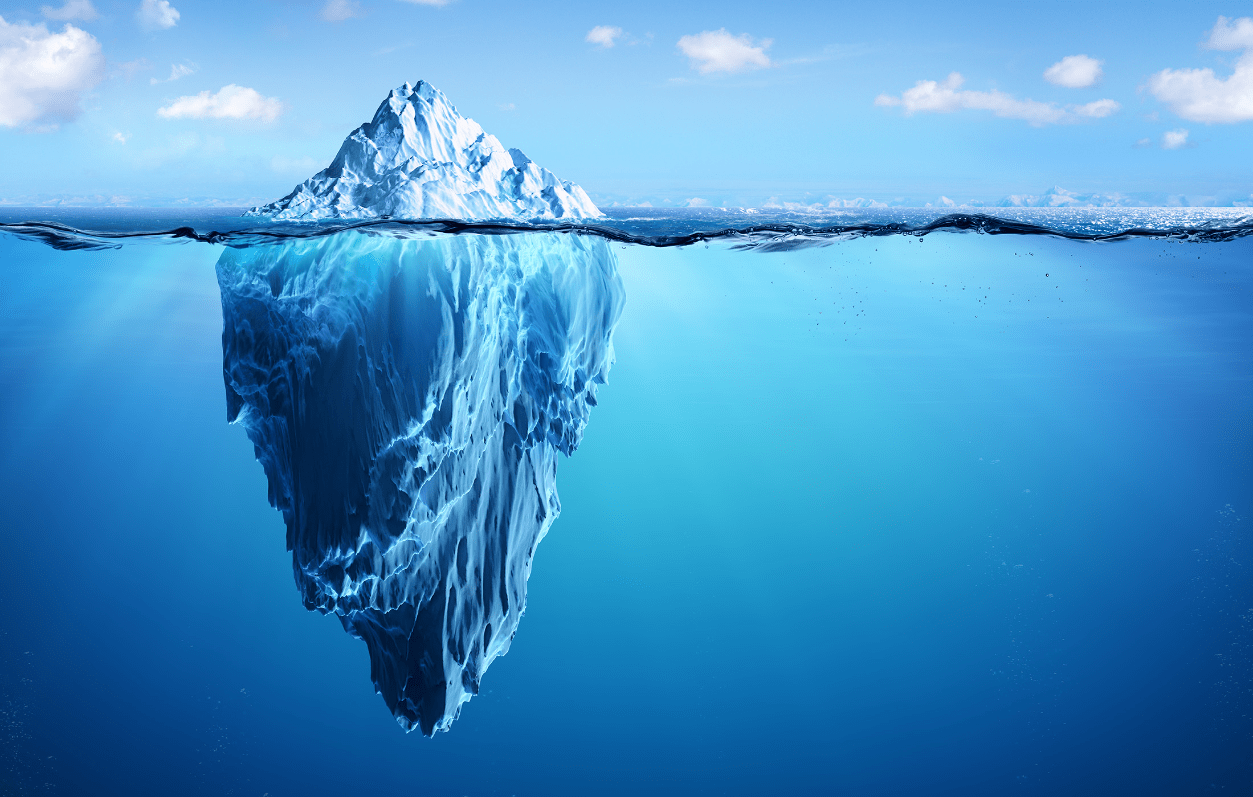
hydrosphere
Which part of the water cycle is occuring when plants "sweat/release water" through very tiny holes in their leaves, called stomata?
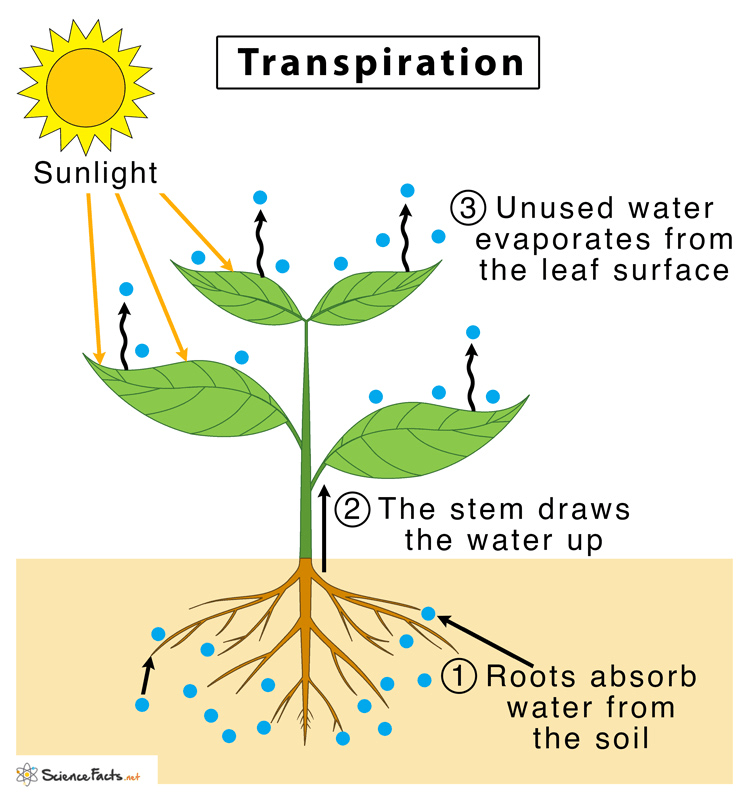
Transpiration
A group of parts that work together as a whole to keep something functioning (working properly) is called:
a system
A _____ force will help to build up the land.
Example: formation of a mountain
constructive
If you were to go deep into the ocean, what would you notice about temperature and pressure?
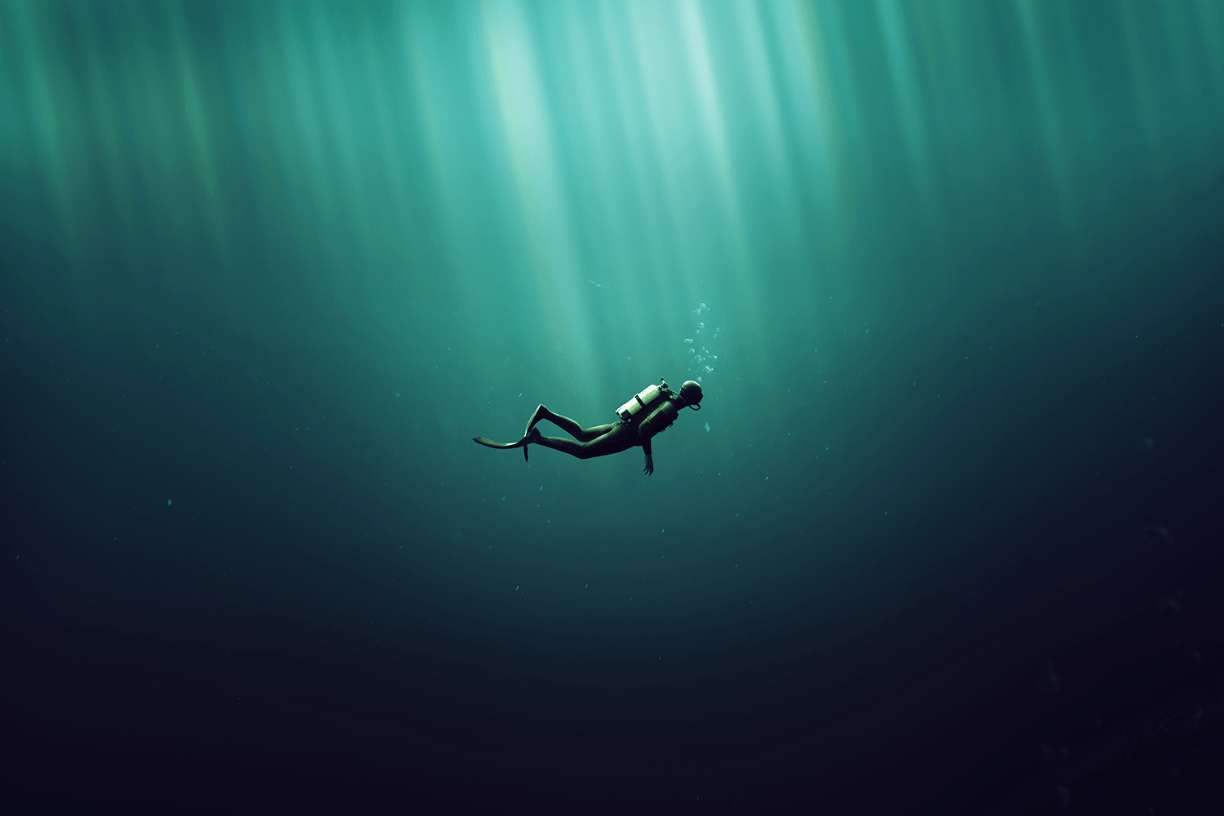
Temperature decrease- b/c you are moving away from the sun's rays/ocean surface
Pressure increase- the deeper you go, the higher the pressure
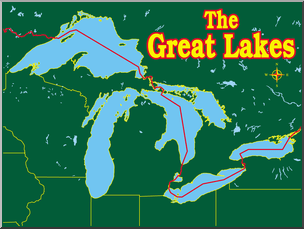
How did our Great Lakes form? Provide detail.
The Great Lakes formed by water filling in DEPRESSIONS (deep valleys). Glacial ice sheets melted at the end of the Ice Age and filled those deep valleys with water, leading to the creation of lakes.
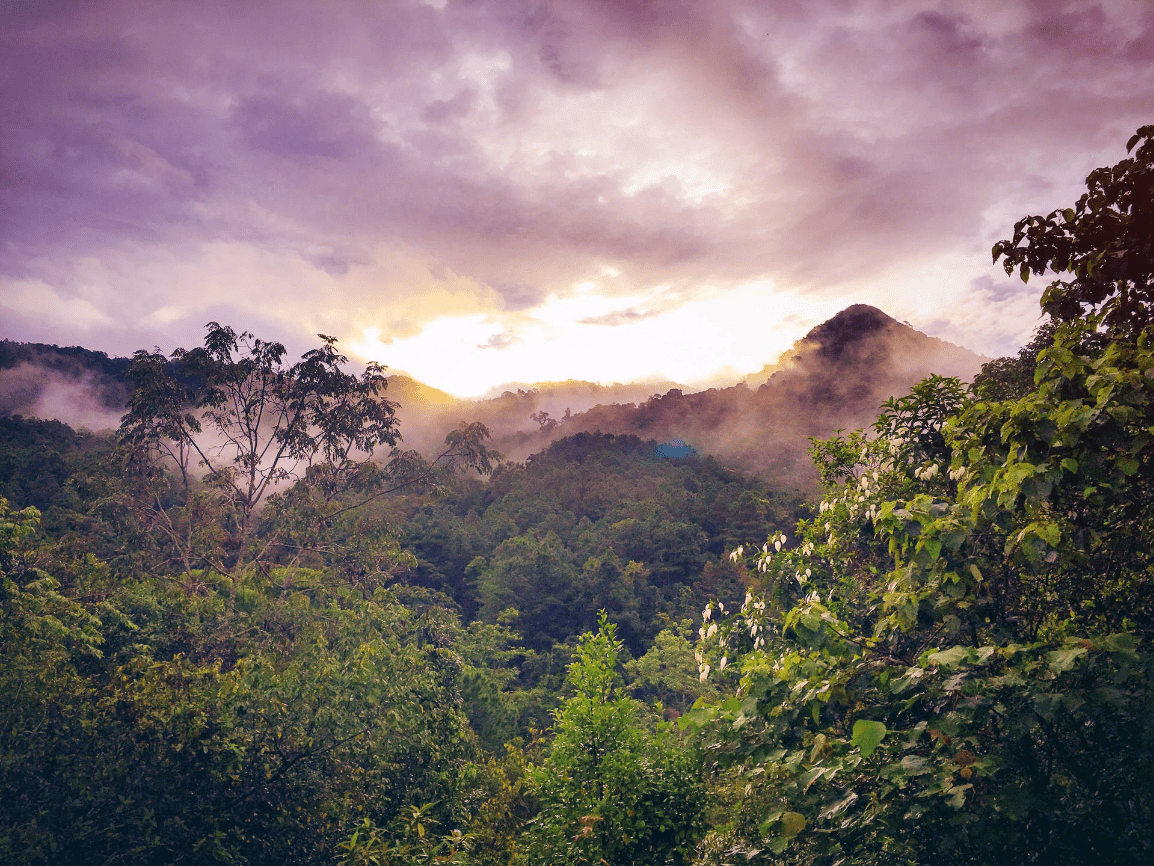
What is ONE detailed observation you can make about this photo?
Options:
* It looks like it might be early morning because of the mist/fog.
* It appears that the sun is rising from behind the mountain- could be sunrise or sunset.
* I notice many green plants and no houses, so I believe this might be a remote area- where not many people live.
* I think there must be many organisms that live here because of all the plant life.
What is a Global Positioning System and how is it helpful?
It is known as GPS and it is a system that uses satellites to track location. We use GPS when driving to know where things are located and where we are going.
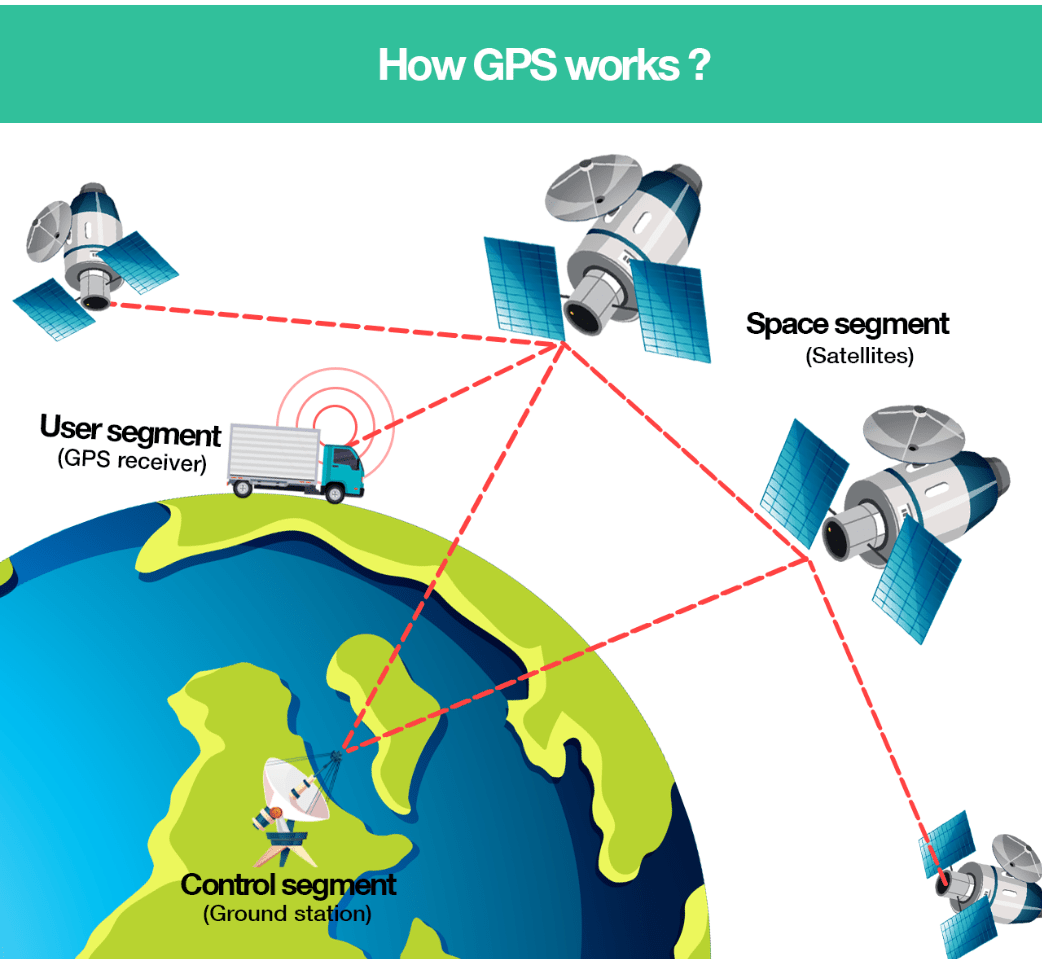
What are the names of the 5 Great Lakes?
H.O.M.E.S.
Huron
Ontario
Michigan
Erie
Superior
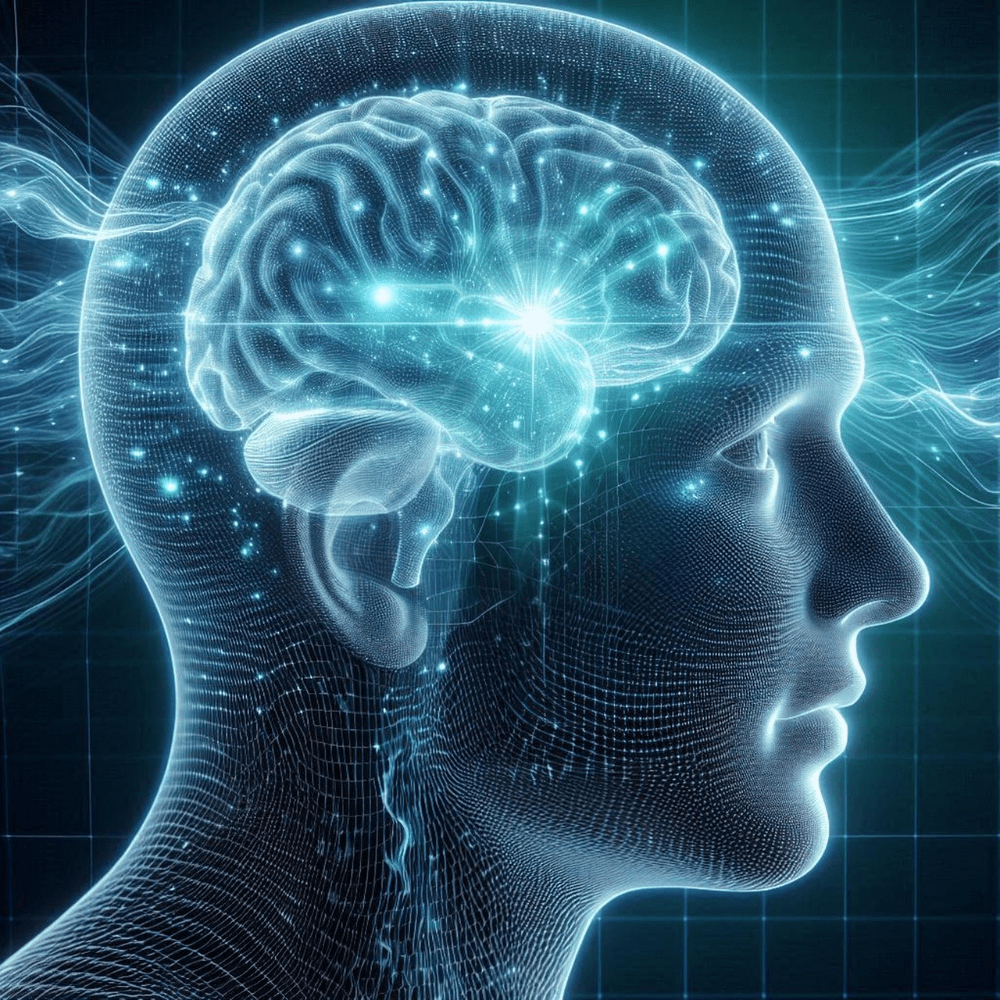
Would your brain be considered a system? Why/Why not?
Absolutely! The brain has so many parts & structures that work together to control body functions, thoughts, emotions, and behaviors. Without each part, our brains would not function properly.